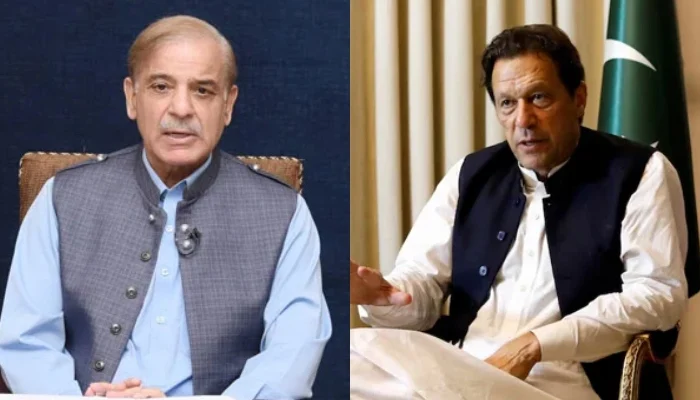The incarcerated PTI founder chairman stated in a recent media interview during his trial in a National Accountability Bureau (NAB) corruption case that the Shehbaz Sharif government would last no more than four to five months. He assumed that the fall of the administration would result in his release from Adiala Jail.
Khan, on the other hand, focuses on the Pakistan Peoples Party (PPP) to see it through, ignoring how his ongoing struggle with the establishment, as well as the PTI’s attacks on the institution of the army, make him a source of strength for the Shehbaz Sharif government.
The PPP is not a part of the federal cabinet, but sources indicated that it has guaranteed complete support to the Shehbaz government in response of receiving several important constitutional positions.
Some believe that the PPP may even join the cabinet if the Shehbaz government makes some unpopular decisions, such as privatizing Pakistan International Airlines (PIA); however, no such agreement was struck between the two factions when the government was formed.
Traditionally, the strength of Pakistan’s civil governments has been more dependent on the connection between the government and the establishment. In the past, governments with a two-thirds majority could not complete their tenures due to strained relations with the establishment. On the contrary, the previous Pakistan Democratic Movement (PDM) government, led by Shehbaz Sharif, with 13 coalition partners, was able to glide through, thanks in large part to the establishment’s unconditional support.







